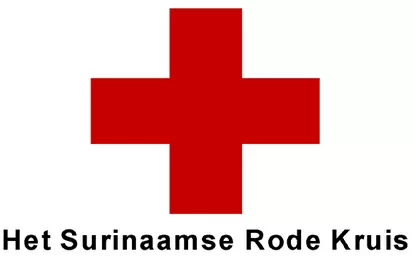On the International Day for Disaster Risk Reduction, October 13, the Surinamese Red Cross (SRK) has issued a compelling call for a robust global legal framework to better protect individuals during disasters. This appeal aligns with the United Nations’ resolution to develop the first international treaty aimed at safeguarding people in disaster scenarios, which is slated for completion by 2027. According to the SRK, this treaty represents a historic opportunity to enhance international cooperation, accelerate the efficiency of humanitarian aid, and encourage nations to invest more in disaster prevention. Melvin Tjon Sie Fat, Chairman of the SRK, emphasized, ‘When disaster strikes, every second counts. People have the right to protection, dignity, and swift assistance. This treaty can save lives by organizing aid more effectively and removing obstacles.’ The urgency for such a treaty is underscored by the fact that in 2024 alone, over 146 million people globally were affected by disasters—an 11% increase compared to the five-year average—with economic damages amounting to $310 billion. Suriname, too, is increasingly feeling the impact of disasters, with floods, storms, and climate change effects threatening communities, particularly vulnerable groups. The proposed UN treaty emphasizes the importance of preparation and prevention, advocating for investments in risk reduction measures such as sustainable infrastructure, early warning systems, and strong local networks. The SRK has been collaborating with national and international partners to bolster the resilience of Surinamese communities through disaster preparedness training, strengthening local volunteer networks, and raising awareness about climate risks. The International Federation of Red Cross and Red Crescent Societies (IFRC) supports over 95 governments worldwide in improving disaster legislation, with national associations like the SRK playing a pivotal role. ‘Our volunteers are on the front lines when aid is most needed. A solid legal framework ensures they can act swiftly, are better protected, and can deliver aid more effectively,’ Tjon Sie Fat added. The SRK is urging the Surinamese government to actively support the UN process and work with other nations to create a strong and equitable treaty. ‘Disasters don’t wait—and neither should our actions. This treaty is a chance to translate international solidarity into concrete protection of human lives,’ Tjon Sie Fat concluded. Additionally, the SRK is calling on schools, youth organizations, and community institutions to actively involve young people in disaster preparedness, ensuring that everyone, young and old, can contribute to a more resilient Suriname.
